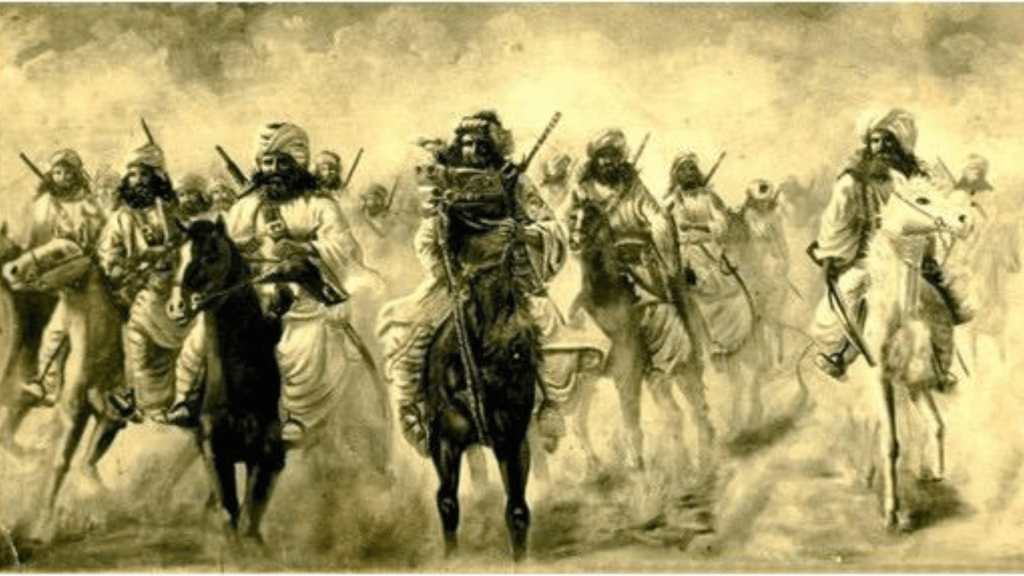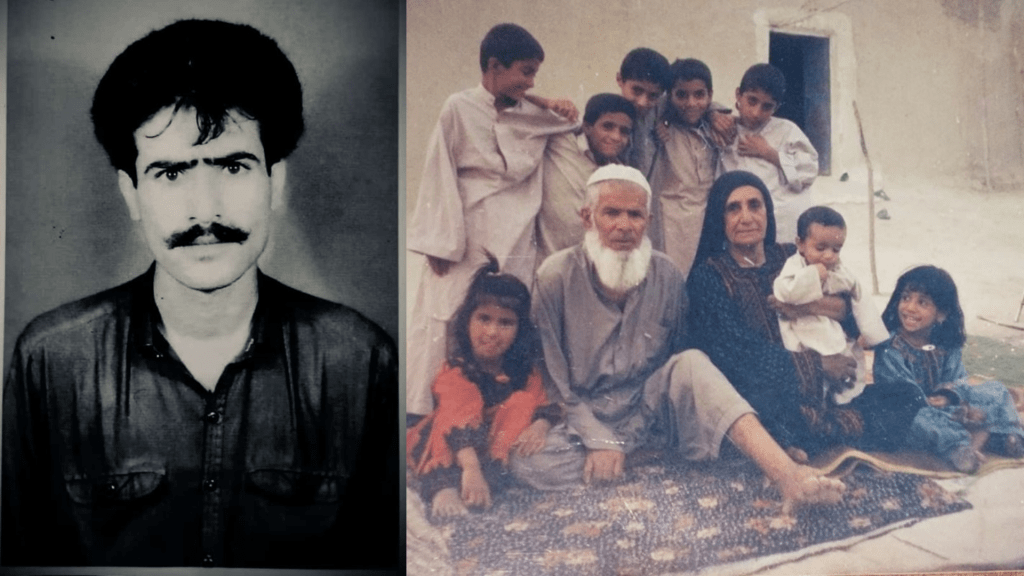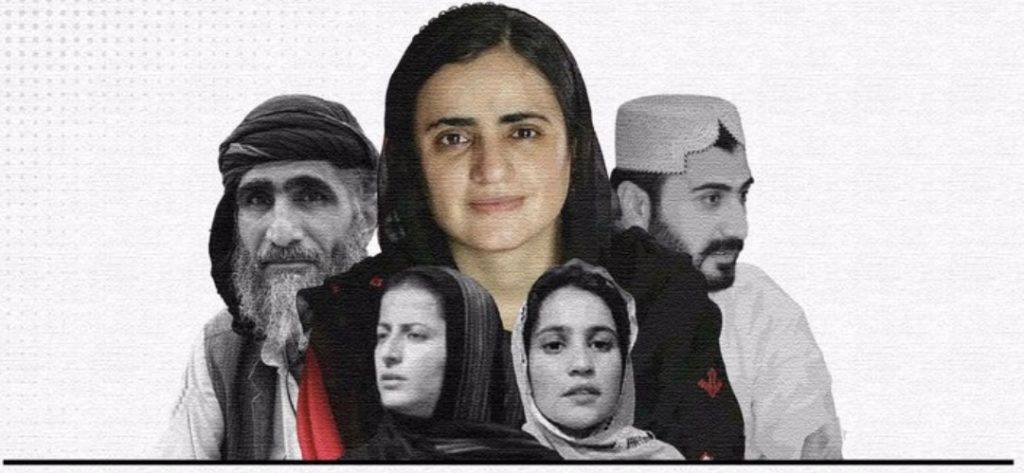At a time when the Baloch music is stagnant and suffering from an inertiawithin itself, the Balochi rap music is becoming a trend. Not only rapping is new in Balochistan, rap songs are also challenging the very basis of the Baloch societal myths and taboos. Although they do seldom conform to them too.
Rap music originally came from African Americans. It’s a form of hip hop. In a rap song, the poetry is chanted with the beats that differentiates it from recitation or chanting of the poetry.
Rap is sung in free style, where thoughts flow freely. Often, but not always, it discusses a socio-political issue.
Balochi rap songs’ origin is traced back to the beginning of this century when internet and smart phones revealed a new world to the Baloch people. The last 15 years have brought so many changing tides within Baloch society that it can also be termed as an era of change. Baloch society, like many others, has never transformed so rapidly in such a short period of time in its entire history. Love for rap songs is one such change.
In one rap song, Sawaal, by an anonymous Baloch girl, who is supposedly based in a European country, extremely criticises the Baloch male-dominated society. It exposes hypocritical tendencies of the Baloch men towards the Baloch women.
“I don’t accept, I don’t accept, I don’t accept such hypocrisy.”
It also says that Baloch society has enslaved its women and they need to be liberated in order to march towards an independent society.
There are a number of such songs on the Lyari gang war. Almost all such songs demonise the gangsters and their destructive role in bringing Lyari on the verge of complete anarchy.
“The mother is worried that her child is missing
Bombs are exploding and bullets being fired
Let’s listen to Lyari’s story in this rap (song)
Many songs reminisce about the “golden past” when Lyari was once a centre of music, sports and literature. From 1950s to late 70s, Lyari was considered the centre for the activities of leftist groups. Poets like Faiz Ahmed Faiz and Gul Khan Naseer could often be seen in gatherings there.
It was also the cradle of the Baloch resistance politics. The Baloch Students Organisation (BSO) originated from there. The modern Balochi music also owes its origin from the now restive Lyari area. Singers like Ustad Sattar, Ustad Shafi and Ustad Dinarzai composed most of their music in this area. Sayad Hashmi – considered to be the Father of Balochi – did most of his works while his stay in Lyari.
The rap songs recall that “golden past” and blame the state of Pakistan for an organised attempt to weaken Baloch society by patronising the gangsters.
There are also songs on the widespread culture of drugs among the Baloch youth in Iran and Pakistan. They curse the druggies and call them as useless members of society.
“Young people, don’t be so miserable after drugs
This thing is useless
Do something big to show to the world
Leave the drugs, friends, don’t waste yourself”
The rappers are also aware of the ongoing conflict between Pakistan and Baloch separatists, who they call as sarmachars. One of song composed by the Lyari Underground is titled as Ryasat o Syasat (The State and its Politics) lashes at the Pakistani state’s policy towards the Baloch people. It mocks Pakistani democracy.
There are other revolutionary rap songs that call for an all-out war against Pakistan to liberate Balochistan. They also mention the kill-and-dump policy and glorify “Baloch martyrs” like Kambar Chakar.
They also refer to some famous attacks of Baloch militants against the Pakistani military personnel and installations. Some extremely political songs are also ridiculously funny due to their faulty and amateur political analyses.
In short, the rap songs are a representation of the current socio-political situation of the Baloch people. Although the political insight of the rappers doesn’t seem to be impressive, it’s a promising beginning. Either they are wrong or right in their assertions, their tone is provocative.
Although the rap culture has not yet find a popular audience in Baloch society, it’s gradually making its presence felt. It would be too early to predict about its future, yet it’s a pleasant addition to the Balochi music. Since lyrics of rap music is in free style, the lyricists and singers have immense freedom to depict issues thus far untouched by other Balochi arts.




man fg shah javab daya
bechar berat hech kaom naite vata dege kaome jaa nadante .. pathan nayte vata baloch nagushi . sindhi nayte vata punjapi nagushi . har kasa vati kaom duste .. gora crushed diamond aga sindhi bebite aiya vata baloch nagoshtaga vati sindhi koam vasta jategeti .. domi gap crushed diamond balochi mani khayala tai balochiache saaf tera .. seymi gap baloch kayte balocha sappurt kante na ke aiye burahia ka .. charomi gap .. Greyno ya asimia ke to gap kanege ,, e yake group membera or tao ayani fane gora eda tai nazaria personale gora degerani vasta importent nay to che go0shta ani .. panchomi gap tao k cho gushege lug group rapper bi baaz kohane rappera eshani naam nagetagi .. vahid tarkesh ya hijack hood ya … bazinie naam nagetagi ,,, chia ke first time yak baloche jenekia rap jata aa bi pa baloche jenekani vasta … or e gap sajenani vasta importent bite ,,, berat be jaye inke to beyaye borahi bekane degerani pahla vata shar ka randa molka abad ka .. Have a good Luck and vati socha mazan kan berat
Whoever came up with this article really appreciate your efforts to pen down the talent Baluch youth have. One thing i wanted to clear that the rapper in ‘Sawaal’ is not even a Baluch girl she has no idea what Baluch women are going through as the lady belongs to one of the ‘Sindhi Tribal Sardars Family’. You can call it her sympathy for Baluch nation but then it’d be total injustice to other rappers who have been trying to show their pain for Baluch nation is suffering rappers like G-Rhyno from Baloch Unit has spoke his mind for Baluchistan in a track titled ‘Ehsaas’. Let alone the non-baluchi rapper i don’t see the name of most promising artist of Baluchi Hiphop Industry named ‘Vahid Turkish’ mentioned in this article which is a total demotivation for him. In the same manner there are many other rappers like Aseemiya who beautifully represented the tale of his motherland in a track titled ‘Shap Cho Tahare’ but i don’t see their names mentioned in here.